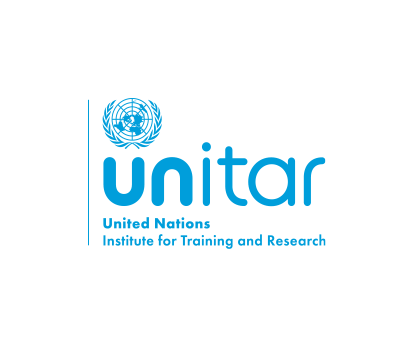
CIFAL Cascais - Corporate Governance: Liderança de Boards 2
The adoption of corporate governance best practices is a priority. These include issues relating to the the profile of executives and non-executives potential conflicts of interest diversity and communication, complemented by performance and reputation and adopt the concepts of ESG - Environment, Social and Governance.
The programme offers a multidisciplinary experience, including three blocks of subjects: governance, board committees and strategy. It aims to prepare and develop members of governing bodies (executive and non-executive) from a fit-and-proper point of view for the in the leadership of institutions, taking into account best practices and the objectives of good governance.
- Recognising principles and criteria and learning the difference in responsibilities between executives and Executives, as well as between PCA and CEO.
- Learning the concept of good governance and its components linked to the impact on Talent (attracting, motivate and retain) and on Capital (shareholders, bondholders and the financial system).
- Understand the relevance of ESG - Environment, Social and Governance, as well as sustainable finance structures in the process of good governance.
- Acquisition of structured knowledge to lead strategy issues and their monitoring.
- Apprehend the relevance of the internal control framework structured around the concept of the 4 Lines of Defence.
- Understanding and discussing issues relating to management, compliance and internal and external auditing, as well as the importance of the Global Agendas of the
- Council and Committees.
- Integration of geopolitics within the disruptive paradigm of political decisions of political decisions.
- Understanding the importance of Family Businesses and Business Families and the associated succession process succession process at the various stages of their existence.
- Governance, Strategy and Committees of the Board - critical functions of
- ESG (Environment, Social and Governance) and Sustainable Finance.
- Impact of the Company Secretary.
- Fit-and-Proper principles and criteria.
- Control functions: Risk, Compliance and Audit and the ‘4 Lines of Defence’.
- Articulation between the Audit Board and Audit Committee.
- Analysing the difference between Families and Entrepreneurial Families.
- Understanding the relevance of innovation and digitalisation, as well as issues of cybersecurity.
- Fiduciary responsibility and legal framework of the administrator.
- Geopolitics and Geostrategy on the Board.
- Risk Appetite Framework and Internal Control Framework.
- Selection, remuneration, evaluation and succession plan.
- Rating Agencies and Proxy Voting
Theoretical and Case study analysis
Non-executive directors (NED).
Executive directors.
Managing Partners
Members of supervisory boards.
Company secretaries.
Regulators and supervisors.
Candidates for governing bodies.

